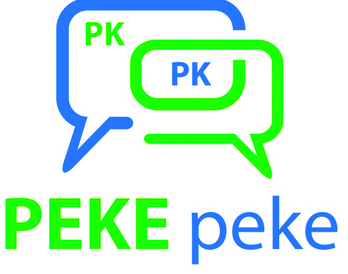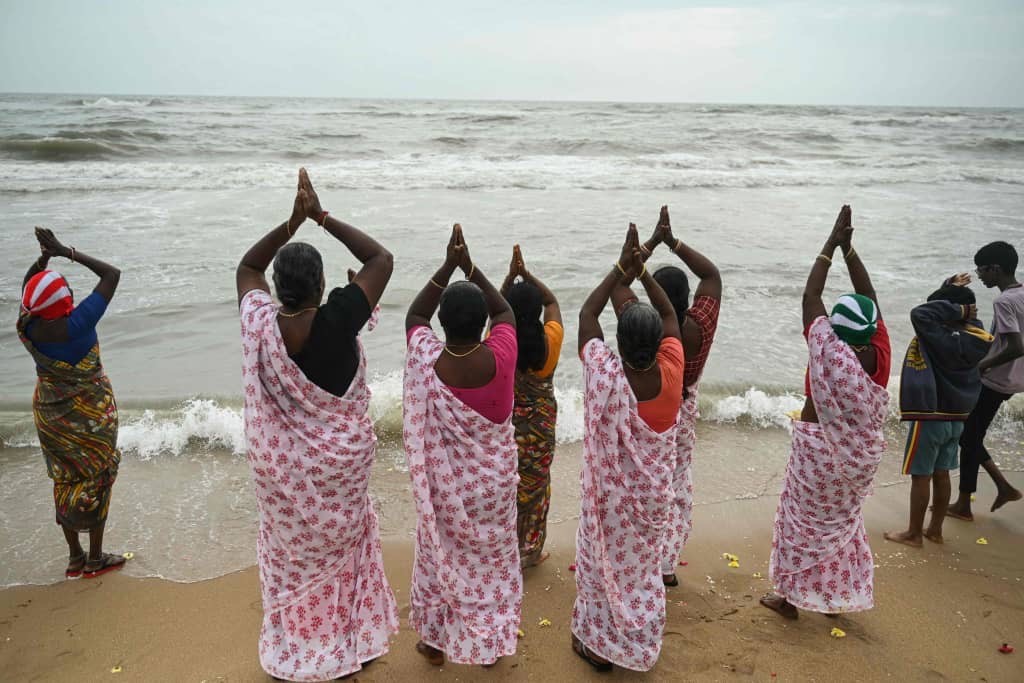Etse did you hear that the world has decided Namibia’s greatest sin is … wait for it … cooking with wood!
Apparently those cozy evenings spent huddled around a crackling fire, whipping up a pot of maize meal, are a barbaric act against both public health and the environment.
Don’t worry, though, the United Nations Educational, Scientific and Cultural Organisation (Unesco), the ever-so-helpful United Nations agency, has a solution: Ditch the wood and embrace the glorious world of gas, solar and electric stoves!
They call it ‘Clean Cooking’.
Yes, you read that right.
Apparently a few twigs used to cook a family’s daily Number 1 maize meal is a bigger threat than, oh, I don’t know, the mountains of industrial waste burning and releasing who-knows-what toxins across the globe.
But hey, who needs logic when you have a good old-fashioned guilt trip on the menu?
Now, our esteemed leader Calle Schlettwein hopped on a plane (burning fossil fuels, of course) to attend this ‘clean cooking summit’ in Paris.
Did he forget to mention that a Namibian family barely needs a handful of wood to cook a meal? It’s not like they’re hosting all-you-can-eat barbeques fuelled by entire forests!
I was waiting for our Calle to post his barbeque smoke and grill set-up for sale, just to show us how committed he really is to this madness.
He actually issued something in the shape of “you have got it all wrong, we were not really serious about this issue”.
Ai?
Etse, seriously, how much wood do we really burn at a typical Namibian homestead?
As the wise elders say, “porridge doesn’t need its blood drained”, meaning a quick fire is all it takes.
Who needs fancy electric hobs when you have a perfectly good ‘solo’ (cooking oil) to do the trick?
And let’s not forget the Hereros’ sacred Holy Fire, lit every day for spiritual reasons.
It’s a tiny fire, mind you, barely a whisper, compared to the industrial furnaces spewing smoke into the atmosphere elsewhere.
But hey, small fires are apparently where we draw the line. I asked one, and he also laughed, saying “mbuae ounyanga-nyanga noho uzepa?”, meaning “are you saying those small dry twigs will also kill?”.
You see neh, what they are wilfully ignoring is the fact that these villagers know exactly which wood to burn and which to never touch as some types release dangerous gases.
This is ancient knowledge. Besides, most villagers I know barely cook proper meals three to four times a week with the current poverty levels.
This makes me wonder how the summit-goers decided to talk about how Africans cook, knowing there is almost nothing to cook.
One thing that also bothers me is what Europe does with the wood and charcoal currently en route to Europe on ships as we speak.
Do they build stick houses or cook with it? Gaan, man!
But ina mutila – don’t be afraid, because there are some lines they dare not cross.
Nobody, and I mean nobody, is going to mess with Namibia’s national treasure: The braai.
Those sizzling boerewors sausages and succulent steaks cooked over charcoal and wood are a cornerstone of our culture.
You will have the ‘War for the Right to Braai’ as fast as you can say ‘Land of the Brave’.
Look, here’s the real kicker: Someone out there is rubbing their hands together with glee at the thought of turning Africans into gas-guzzling, electricity-dependent consumers.
They want us to be slaves to the market, hooked on buying fancy cookers and fuel instead of using a resource readily and freely available in our own backyards.
Don’t be fooled by their fancy charts and graphs, this is about creating dependence, not environmentalism or respiratory health!
So, let’s raise a glass (or a pot coffee freshly brewed over a wood fire) to Namibia’s continued right to cook in the way it wants.
In the end, we may not have the Eiffel Tower and Unesco funds for nonsensical summits, but we have our traditions, and we’re not giving them up without a fight.
Let me end with this: Humanity and fire are inextricably linked.
One cannot exist without the other. Should the flames be extinguished, so too would the spark of human existence flicker and fade.
Stay informed with The Namibian – your source for credible journalism. Get in-depth reporting and opinions for
only N$85 a month. Invest in journalism, invest in democracy –
Subscribe Now!







